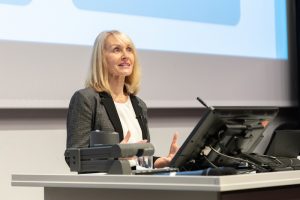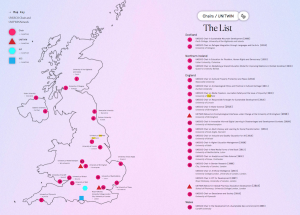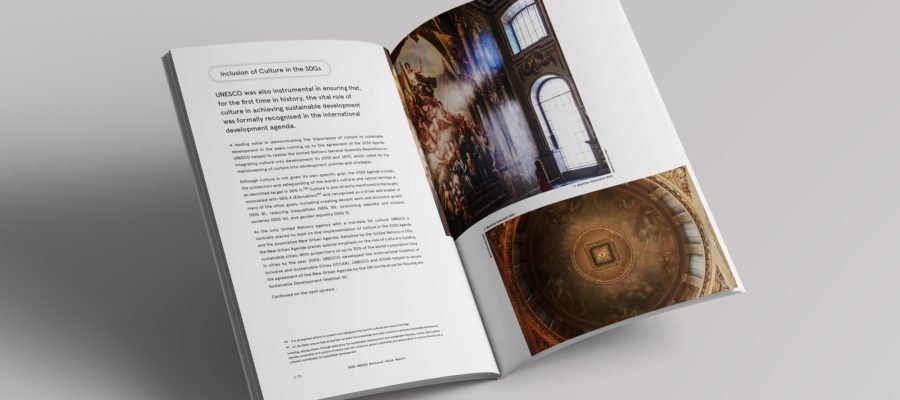New research on the National Value of UNESCO to the United Kingdom by the UK National Commission for UNESCO (released on 25 June 2020) shows that UNESCO projects can help build a greener, more equal and more peaceful world, while also creating financial value. It is estimated that UNESCO projects in the UK generate an estimated £151 million of financial benefit to local communities each year and help bring them together to protect and conserve some of the most important places across the country.

Jackie Harrison, UNESCO Chair
The Centre for Freedom of the Media, University of Sheffield, is delighted to be hosting the UNESCO Chair on Media Freedom, Journalism Safety and the Issue of Impunity, which was established in 2018 as a response to the urgent need to address attacks on journalism and journalists around the world. Led by Professor Jackie Harrison, the Chair is standing up for free and independent journalism by mobilising academia around the agenda to safeguard journalism in support of the United Nation’s Sustainable Development Goals Agenda.
According to the new report UNESCO Chairs are both drivers and beneficiaries of the UK’s global reputation for a world-class higher education system and that the nature of the work of the Chairs – creating and disseminating new knowledge – requires and promotes a vast range of collaborations between research institutions, universities and experts, in the UK and abroad. The report also highlights that UK institutions that have a UNESCO Chair are able to enable a strong and established presence in various countries around the world, allowing them to increase their global impact and reach.

UNESCO Chairs and UNITWIN Networks across the UK
To this end, the UNESCO Chair on Media Freedom, Journalism Safety and the Issue of Impunity at the University of Sheffield undertakes work within several key areas of research including the re-evaluation of public service journalism as a form of civil resistance confronting antagonistic state and market forces that threaten free and independent news journalism, news as a form of civil norm building in post civil war settings, the development of advanced data tools to monitor attacks on journalists, mapping online harassment of female journalists and understanding the link between enhancing media literacy among the public and ensuring that journalists can carry out their work without risk to their personal safety.
To contribute towards securing the important role that free and independent journalism plays in facilitating the public’s right to information the Chair, through the Centre for Freedom of the Media, is also hosting a global Journalism Safety Research Network, which promotes the development of spaces for research co-operation and innovation to address the complex issues associated with journalism safety.

